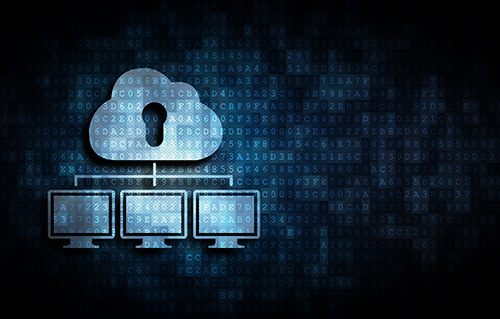As your customers adapt their business models to accommodate remote work policies, you have an opportunity to help them reevaluate their current security stacks. Delivering customized security solutions based on your customers’ industries can help you differentiate your business from other MSSPs.
For example, the pharmaceutical industry is made up of several sub-industries, all with different business models, technology requirements and growing attack vectors. With the introduction of remote workforces, these companies are even more vulnerable to cybercriminals’ attempts to access their patents, scientific research, customer information and protected health information (PHI). A common tactic involves distributing ransomware which is designed to halt your customers’ operations by holding their most valuable assets “hostage.”
So, how do you ensure your customers have the security posture they need to defend themselves from increasingly sophisticated cyberattacks? First, you need to address their virtual and remote workforces by securing endpoints and access to distributed computing resources. Establishing multi-factor authentication is essential. Next-generation endpoint security provides real-time automated endpoint protection, detection and response, while platform and firewall capacity enable safe throughput and processing of IP publicly identifiable information.
Beyond offering encryption of data in transit via a VPN, you can also offer a number of other solutions to help your customers secure their remote workers. Implementing Data Loss Prevention (DLP) is critical for remote workers who require frequent access to proprietary data and information assets. Additional advanced threat protection involves analyzing malware and other suspicious content within a sandboxed environment before it reaches its destination to help prevent breaches. Finally, your pharma clients should have wireless connectivity and access at remote work locations with full integration and configuration management.
As you collaborate with your pharmaceutical customers on their security solutions, keep in mind that their successful business growth relies upon a secure flow of data across connected IT and OT (operational technology) environments within complex, evolving ecosystems. Zhanwei Chan, global head of OT/IoT practice, NTT Ltd. stated in a recent article, “The pandemic has created higher demand for additional internet-based connectivity into the sensitive supply chain, R&D and OT networks, creating a need for IT and OT infrastructures to collaborate.
“OT cybersecurity has started to depend on more traditional IT facilities like patching, cloud-based threat intelligence, protection mechanisms, VPN and remote access; a clear sign that organizations need to start integrating OT cybersecurity into everyday cybersecurity considerations.”
Learn more about how Fortinet can help you enable pharma companies to innovate while securing their remote work environments and protecting their mission-critical assets.
Delivering Cybersecurity Solutions To Remote Workers In The Pharmaceutical Industry
Delivering customized security solutions based on your customers’ industries can help you differentiate your business from other MSSPs.
- July 12, 2022 | Author: Allison Bergamo

Article Key
- Solution: Secure Operations
